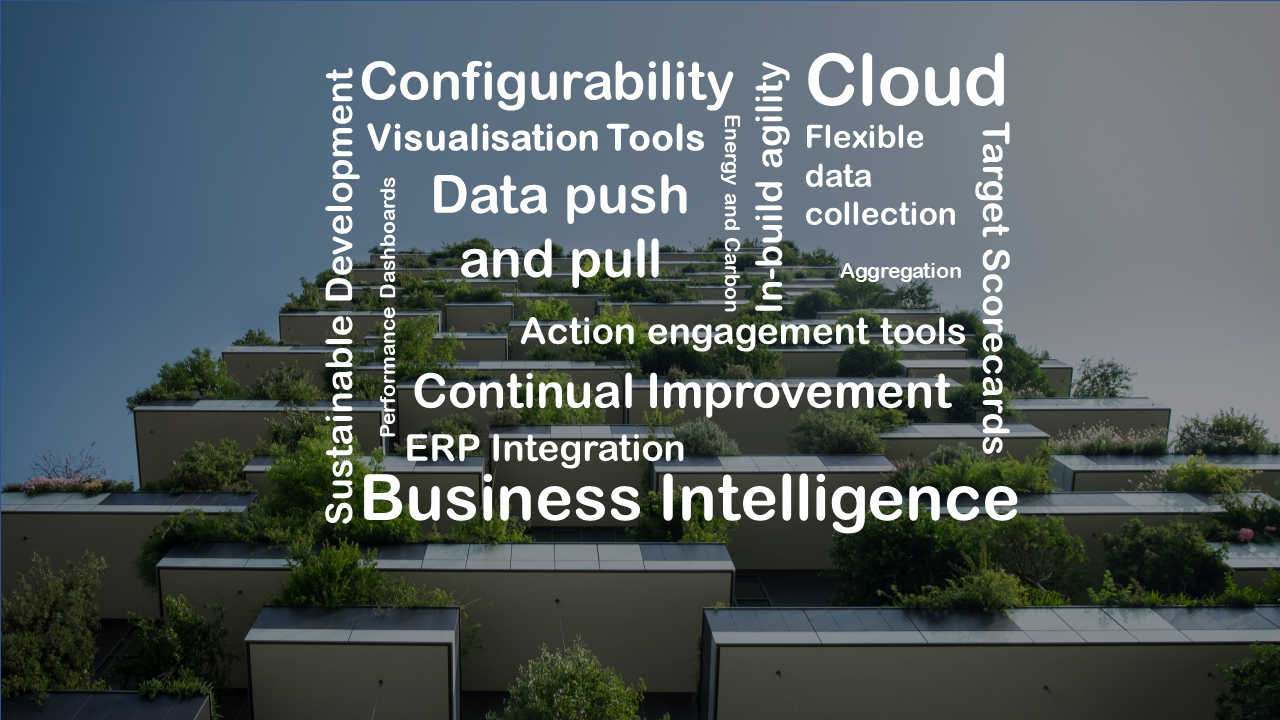The business world is paying attention to the environmental, social and governance (ESG) expectations of its stakeholders, including customers, employees, investors, and regulators. This requires a holistic and questioning approach to sustainable measurement and evaluation that aligns with company objectives, provides clear direction, and is held accountable through governance arrangements.
Read MoreIn a fast changing space, it is useful to recalibrate and consider the terminology used and to enable shared understanding about these issues.
Read MoreSummary of improvements and business value delivered to Vicinity Centres by migrating its social investment reporting activities from multiple end user spreadsheets and in-house systems to the iSystain software platform.
Read MoreInvestors and stakeholders now expect companies to report on non-financial issues, risks and opportunities with the same discipline and rigour as financial information. Business need to engage with the review and strengthening of Australia's NDC at five-year intervals, if not to at least ensure it is aligned with export markets that require evidence of low-emissions credentials.
Read MoreWe’re delighted to announce our recent acquisition by Vela Software.
Read MoreThis article reviews the basics of risk appetite statements (RAS), the benefits to an organisation, and what is necessary to ensure it is properly communicated and implemented.
Read MoreWe love to read about companies that do great work to help the planet and people. Most of this information comes through case studies presented on an organisation’s website, via newsletters or in their annual sustainability report. In this blog, we explore approaches and the need for synthesising this information to form a complete and transparent view of a company’s ESG performance.
Read MoreThis article explores the role that all businesses play in halting biodiversity loss and ensuring our natural environment is healthy, valued and actively cared for, so that humans can also thrive. We also want to ensure our action now leaves an on-going legacy – from accountability to a strong evidence base and implementation of adaptive management around goals and target setting.
Read MoreWhile the effects of biodiversity loss on a business’s activities might not be immediately apparent for all sectors, delving into its supply chain will show where those links are. This article explains how and why businesses of all sizes need to assess and report on their dependencies and impacts on biodiversity from local to global scales.
Read MoreThis article considers how an organisation's supply chain affects its sustainability, and vice versa. It highlights the issues that need attention now and the opportunities for business leaders to effect positive outcomes for these issues, including climate change mitigation and modern slavery. It does however require navigation through a complex network, which as with all things sustainability, starts with strategy…
Read MoreThis article discusses some of the characteristics and benefits of four tiers of system scope relevant to business. We believe systems that extend beyond compliance into assurance, sustainability and positive impact focus will be future proofed, particularly if sustainability reporting and carbon disclosures become mandatory requirements and/or Australian climate change legislation is enacted.
Read MoreWe wrote previously about social investment pathways and the types of organisations that have embedded programs for co-creating social and environmental value alongside financial return. This article takes a fresh look at deriving value from an impact measurement and monitoring system.
Read MoreAs large entities in Australia are preparing their first modern slavery statements under the Commonwealth Modern Slavery Act 2018 it is timely to reconsider the purpose of this Act.
Read MoreThe catch cry post Covid-19 is ‘Building Back Better’. There are many aspects to this ambition but systems thinking recognises that responding to climate change, including building on the emission reductions achieved by restrictions during the pandemic, is part of the solution.
Read MoreWith only ten years to demonstrate measurable reductions, and thirty years to achieve net zero emissions, now is the time to accelerate carbon management plans.
Read MoreIn times of crisis, the importance of communication and co-operation between organisations and their stakeholders to maintain confidence in the market, social services, and civil society, is thrown into sharp relief. In this article we explore the principals, challenges and benefits surrounding effective stakeholder management, and the case for organisations formally integrating stakeholder management into their processes and systems.
Read MoreThe idea of businesses existing only to create profit or shareholder value and not to create value for society and the environment is changing rapidly. A quick internet search reveals many reliable sources of information and access to networks and organisations providing guidance, resources and forums for collaboration on and shared understanding of realising and scaling up the positive impacts of this approach.
Read MoreRead about the inspiration for iSystain's new Governance Register software, an interface which pulls together and summarises all governance requirements in a single location. The product offers an enterprise-wide management tool that avoids duplication.
Read MoreHow Komatsu Oceania’s Risk and Assurance Department combined audit methodology and iSystain’s software to significantly decrease audit preparation and administrative time.
Read MoreSustainability reporting software needs to be agile when acquiring new data sources. Read about how iSystain’s design philosophy is grounded in a holistic and integrated approach to sustainable development…
Read More

















